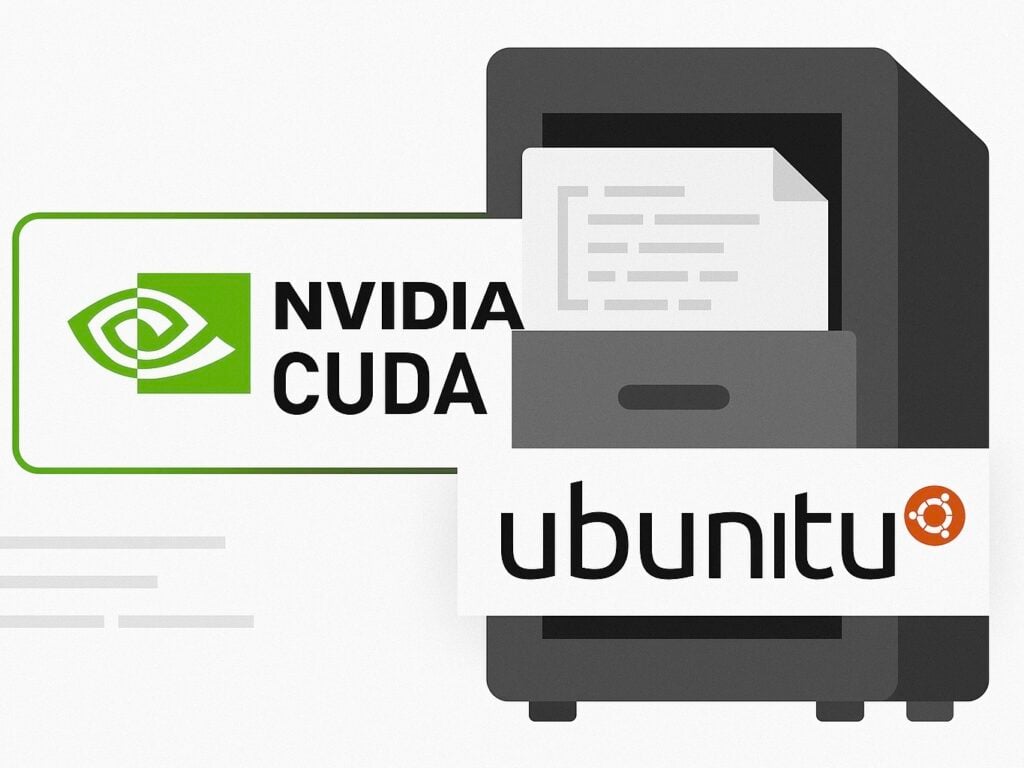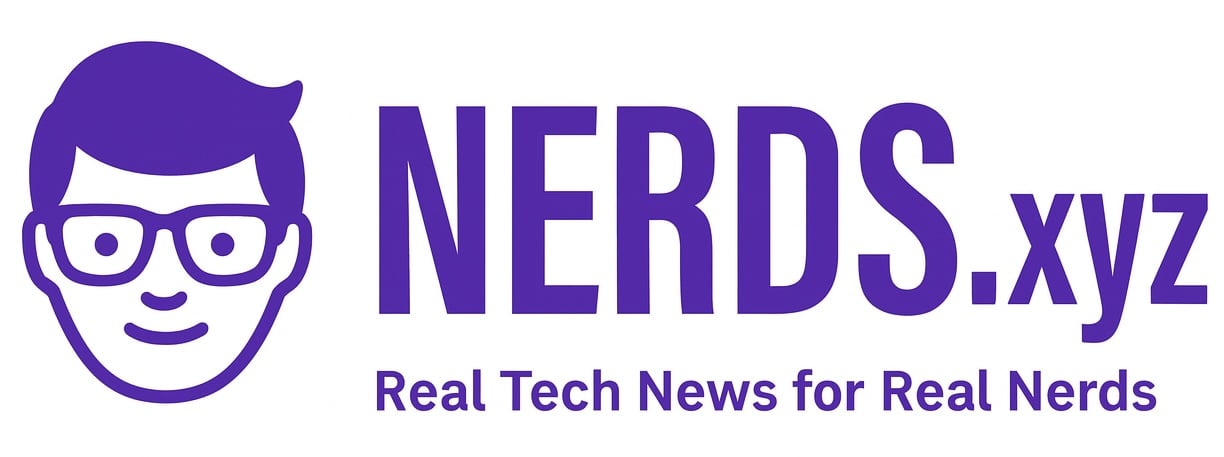
Canonical is making life a whole lot easier for developers who rely on NVIDIA GPUs. The publisher of Ubuntu has announced that the NVIDIA CUDA toolkit will now be distributed straight through Ubuntu’s repositories. No more chasing downloads from NVIDIA’s website or dealing with a long list of installation steps. Soon, a single command inside Ubuntu will get CUDA up and running.
CUDA is the platform that lets developers push NVIDIA graphics cards beyond gaming and into serious number crunching. It gives direct access to GPU threads, memory handling, and kernels, which makes it essential for machine learning and large-scale computing tasks. While Ubuntu users have always had access to CUDA, setting it up hasn’t exactly been seamless. Canonical’s change aims to fix that.
This isn’t some new partnership either. Canonical and NVIDIA have worked closely for years, with Ubuntu already being the go-to Linux distribution for data centers running GPU workloads. By distributing CUDA inside Ubuntu, Canonical is basically removing one of the last headaches for developers who want to get straight to building and testing their apps.
For anyone managing systems at scale, this could be a big time-saver. Developers will be able to list CUDA as a dependency, and Ubuntu will handle the installation and compatibility behind the scenes. That’s a huge shift from the current multi-step process, and it means fewer things breaking in production.
It also ties neatly into Ubuntu’s overall approach. Canonical has long promoted its secure supply chain, LTS releases, and the extended coverage available through Ubuntu Pro. Now CUDA falls under the same umbrella, which gives enterprises more confidence that their AI workloads will stay reliable over the long haul.
If you’re a developer, the takeaway is simple: you’ll spend less time wrestling with installs and more time writing code. Canonical putting CUDA inside Ubuntu’s repositories just makes sense, and it’s a move that should benefit everyone from solo developers to massive data centers.


